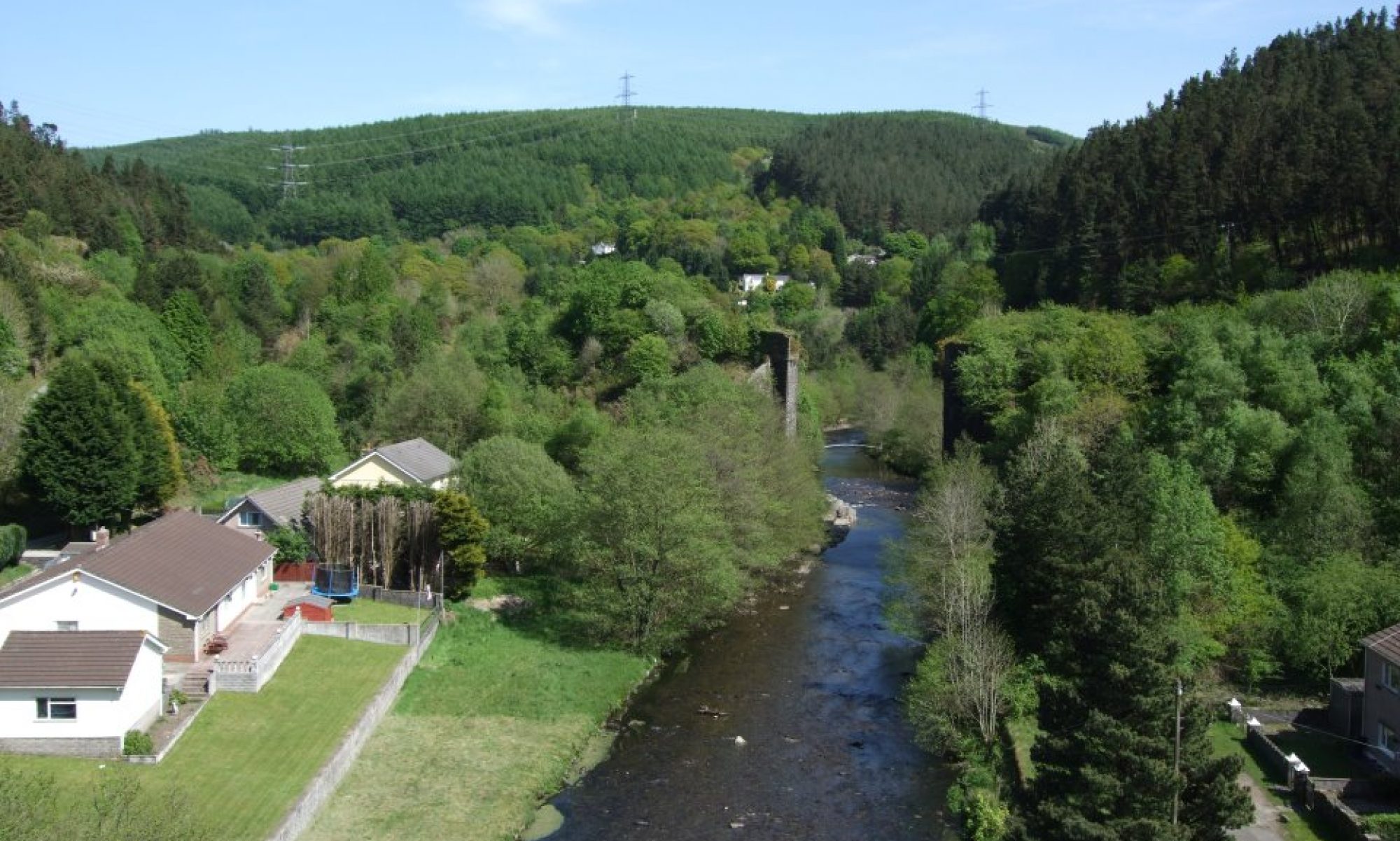As mentioned elsewhere, Welsh was at one time the primary language in the Afan Valley; It was diluted significantly by the influx of English-only speaking people from other parts of the UK during the industrial revolution and the later huge expansion of the steelworks in Margam. I feel that a brief reference to Welsh is appropriate here.
The native language of Wales is Welsh (Cymraeg), one of the Brythonic languages, a subdivision of Celtic. Other Brythonic languages are Cornish and Breton.
The other subdivision of Celtic is Gaelic, possibly the cause of the confusion of some people who think that Welsh is a Gaelic language. The Gaelic languages include Scottish and Irish.
The common Brythonic roots of Welsh and Breton probably explains why French onion farmers from the Brittany coast, who toured Welsh villages to sell their onions, were able to communicate with predominantly Welsh-speaking homeowners.
There are a number of excellent online and print tutorials on the Welsh language, but a small sample of the significant differences from English include:
- 29 letters in the Welsh alphabet (vs 26).
- The English letters K, Q, V, X and Z do not exist in Welsh.
- Double-lettered sounds being single letters in Welsh: Ch, Dd, Ff, Ng, Ll, Ph, Rh and Th.
- 7 vowels in the Welsh alphabet (vs 5): a, e, i, o, u, w, y.
- In Welsh grammar, an adjective follows a noun.
- Welsh nouns are either masculine or feminine.
- The definite article y (before a consonant) or yr (before a vowel) causes a singular feminine noun to undergo a soft mutation; The three types of mutations are the soft mutation, the nasal mutation, and the aspirate mutation.
The BBC has an excellent explanation of the basic rules of Welsh grammar: HERE
Welsh place names are descriptive (e.g. Cwmafan or Afan valley, the subject of this web site). An extreme example is the name of a town on the island of Anglesey that is a favourite photo captured by tourists (Llanfairpwllgwyngyllgogerychwyrndrobwllllantysiliogogogoch); Llan (= church) occurs at the beginning of many parish names.
As with all languages, vocabulary is something that has to be learned/memorized by non-Welsh speakers.
One of the most difficult issues for students of Welsh is pronounciation. A large part of this difficulty stems from non-Welsh speakers attempting to pronounce Welsh words phonetically. I’ve attempted to teach would-be Welsh students, including a linguist proficient in various languages, how to pronounce Welsh words, with disappointing results.
